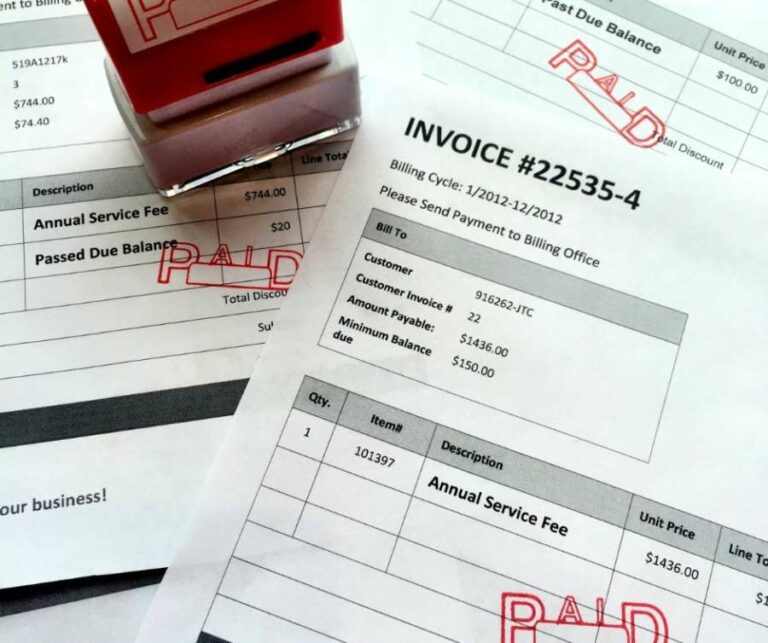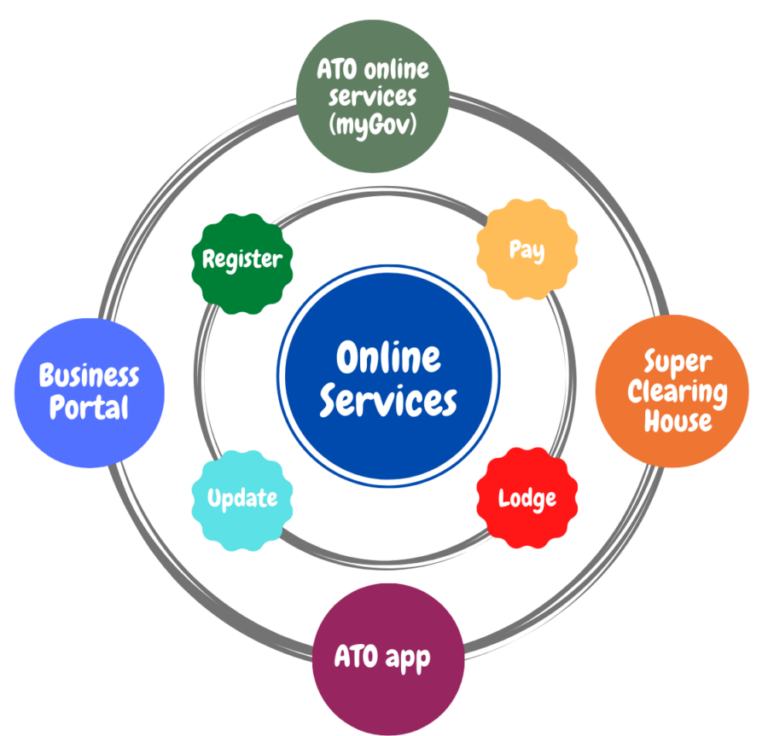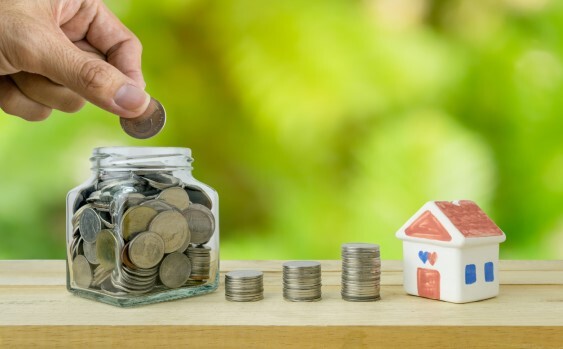Can You Sell Your Home Tax Free? The truth about the “Main Residence Exemption
You may have heard that selling your family home is tax free.
That the “Main Residence Exemption” can exempt your home from capital gains tax (CGT).
Well, like all things tax related…
… it depends on whether the property you’re selling meets the Australian Taxation Office’s (ATO) “Main Residence” criteria.
What Makes a Home Your “Main Residence”?
Here’s what the ATO looks at, to decide if your property is also your main residence:
- You and your family live there.
- Your personal belongings are in the dwelling.
- You get your mail delivered there.
- It’s your address on the electoral roll.
- Your name is on the utility bills like telephone, gas, and electricity.
- You intend for the home to be your main residence.
How long you’ve lived in there matters.
But showing that you intend to make it your main residence is much more important.
When Can You Claim the Main Residence Exemption?
Full Exemption
As an Australian tax resident, you can get the FULL exemption when selling your home, if:
- Your home was your main residence for the entire time you owned it.
- You didn’t use your home to produce income or make money.
- The land your home is on is 2 hectares or less.
Partial Exemption
You may get a partial exemption if you’ve used your home to produce income – such as running a business or renting it out.
This means CGT could apply to the portion of the home used to generate income.
Foreign Residents and Changing Residency
Foreign residents cannot get the main residence exemption.
Not even if they were Australian tax residents previously – when they bought the property or lived in it.
However, if you are a resident at the time of sale, and meet other eligibility criteria, the rules apply as usual.
What if You Moved Out?
The ‘Absence Rule’ allows you to treat your home as your main residence for tax purposes even if you move out:
- For up to 6 years if the home is used to produce income.
- Indefinitely if it is not used to produce income.
If you use the absence rule, you cannot claim main residence exemption on any other property you own during that period.
What If You Own Another House?
Your home usually qualifies as your main residence from the time you move in and start living there.
If you buy a new home, but haven’t sold your old home, both properties can be your main residence for up to six months.
If you rent out one of these at any time, they stop qualifying for the main residence exemption.
Can a Couple Have a Main Residence Each?
If you and your spouse each own homes, you can’t both claim the full CGT exemption on both homes.
You an either:
- Choose one dwelling as the main residence for both of you and claim full exemption on that dwelling
- Nominate different dwellings for each of you, and split the exemption
What Happens in a Divorce?
If the home is transferred to one spouse, they would get the full residence exemption when selling the property.
But if the home qualified for only a part of the the ownership period, then a partial exemption might be available.
The Bottom Line
So, you see, the main residence exemption can quickly become complex.
It all comes down to interpretation, so understanding these nuances is crucial if you don’t want to pay taxes when you sell your home.
If you’re not sure, it can help to have a tax professional guide you through the specifics of your situation by calling Magnus on 07 3483 0100.
After all, you’ll be unlocking a lot of wealth when selling your house, and you’ll only get to do it once.







